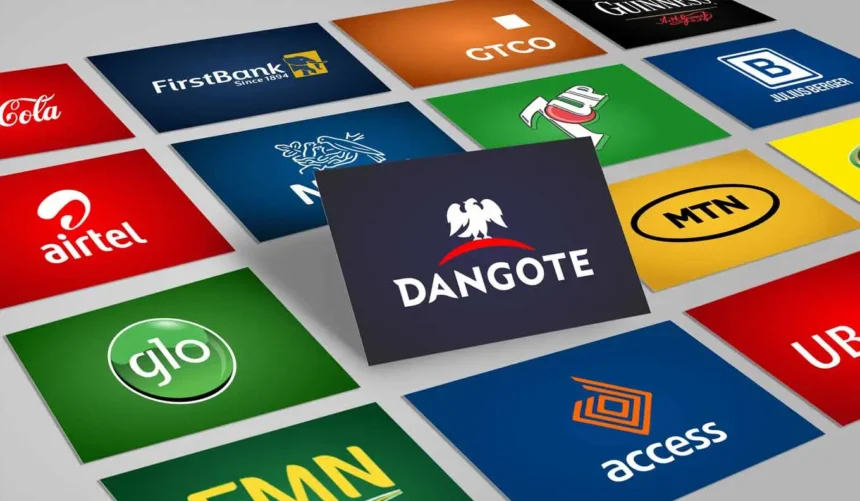In 2024, the most powerful brands aren’t just known for what they sell – they’re loved (or cancelled) based on what they believe.
Welcome to the age of brand culture – a world where Nike inspires movements, Apple defines identity, and smaller brands like Rema, Sharon Ooja, or SKIMS are building cult-like followings not because of just product quality, but because of emotional connection.
From Products to Personalities
Today’s youth are not buying products, they’re buying personalities. Whether it’s Spotify Wrapped, Tems’ ethereal aesthetic, or Fenty Beauty’s inclusive image, Gen Z consumers are asking:
- “Does this brand reflect my values?”
- “Do they stand for something beyond profits?”
- “Can I see myself in their story?”
According to a 2023 Deloitte study, 57% of Gen Z globally say they’ve stopped buying from a brand because of a conflict in values – from sustainability to social justice. This isn’t just a marketing issue – it’s a cultural alignment test.
Case Study 1: Nike and the Art of Cultural Risk
Nike’s “Dream Crazy” campaign featuring Colin Kaepernick was not just a commercial, it was a cultural statement. While it polarized some, it created deep emotional loyalty among a younger, progressive demographic.
Even in Nigeria, when local athletes or influencers wear Nike gear, it signals boldness, individualism, and belief in self all traits that Gen Z aspires to.
Case Study 2: Alté Movement as Brand Culture
Closer to home, Nigeria’s Alté movement: featuring artists like Odunsi, Tems, Lady Donli, Wavy The Creator has created a counter-cultural brand culture that fuses music, fashion, visuals, and even political awareness.
Alté is more than a sound, it’s a statement. It says: “I don’t conform. I define.”
Brands like Motherlan, Vivendii, and WAFFLESNCREAM have latched onto this ethos, creating streetwear brands that mirror underground youth culture, sell out in minutes, and live more on Instagram than in physical stores.
Brand Culture = Brand Community
When people wear Apple, they’re not wearing tech. They’re broadcasting their creativity.
When they use Flutterwave, they’re not just moving money, they’re aligning with African excellence. When they shop from Thrift Factory or Jumia Fashion, they’re not just saving money – they’re curating aesthetic and identity.
Brands that build strong cultures do three things right:
- Stand for something meaningful
- Talk like humans, not corporations
- Create a space for their community to express themselves
Lessons for Nigerian Brands
- Don’t just push product, create conversations.
Young people want to interact, not be sold to. - Own a story.
Whether it’s “for the streets” (Zlatan) or “for the rebels” (Alté), brands need a narrative. - Culture is co-created.
Allow your audience to remix, reinterpret, and reimagine your brand. UGC (user-generated content) is now a primary form of branding.
Final Thought: Brands Are Becoming Cultures, So Build With Intention
In the new world, your product is your proof, but your culture is your magnet. You can have the best phone, sneaker, or music, but if your brand doesn’t resonate emotionally or socially, you’ll struggle to build loyalty.
As one Gen Z fan put it on X: “We don’t follow brands anymore. We follow vibes.” So, whether you’re a media house, a skincare label, a fintech startup, or a streetwear designer, ask yourself:
What culture are we building and who are we building it for?
Engage the Audience
Want to feature a Nigerian brand you believe is more than just a product but a vibe?
Tag us on Instagram or X with #BrandiQBrandCulture and let us see who’s really living the culture.







